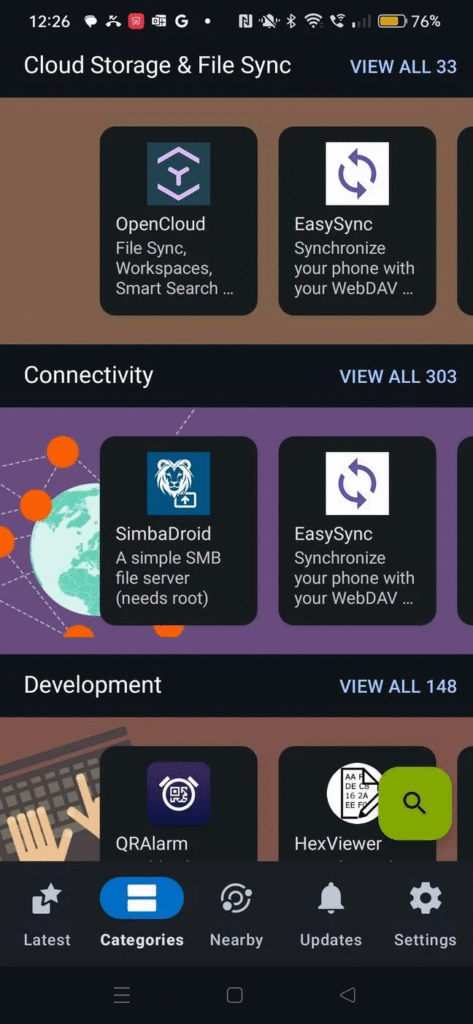This is part of technocratic march toward authoritarianism and digital ID, as you won’t be able to run unapproved software on your devices. They’re also marching towards AI agents that will be on your devices to spy on everything you do and report back to big tech and ultimately the state. Windows and Apple are moving in the same direction, and corrupt IBM now absorbing Red Hat are conniving to do the same things with opensource Linux which they profit from. We’ll also have to be concerned with hardware and code below the OS that can spy on users as well, which usually is outside of the user’s control. The time of buying hardware that is supported by Libreboot and the Linux-Libre kernel are quickly approaching.
https://www.theregister.com/2025/09/29/googles_dev_registration_plan_will/
By Tim Anderson
Open source Android app store cannot exist if Google’s plans go ahead, says F-Droid board member
The F-Droid project, which distributes open source apps for Android, will end if Google goes ahead with its plans to enforce developer registration for app installation, according to the project’s board member Marc Prud’hommeaux.
If it were to be put into effect, the developer registration decree will end the F-Droid project and other free/open source app distribution sources as we know them today…
Last month, Google said that from next year, but with a gradual rollout, Android certified devices will only install apps that are registered by verified developers, even when sideloaded, meaning that they are installed from a source other than the official Play store.
In a post today Prud’hommeaux said that Google’s planned changes are incompatible with F-Droid. “The F-Droid project cannot require that developers register their apps through Google, but at the same time, we cannot ‘take over’ the application identifiers for the open-source apps we distribute, as that would effectively seize exclusive distribution rights to those applications,” he said.
“If it were to be put into effect, the developer registration decree will end the F-Droid project and other free/open source app distribution sources as we know them today,” said Prud’hommeaux.
The project has a policy of “no user accounts, by design” in order to remove the possibility of tracking its users.
Google claims that the changes are being introduced to protect users from “bad actors spreading malware and scams,” according to the official post last month. Restricting apps to those from verified developers creates accountability, the company argues, and sideloaded apps have “over 50 times more malware.”
Prud’hommeaux, by contrast, argues that F-Droid is more secure than the Play Store, because every app is open source and the code is available to audit by anyone. He references our recent post on malware in the Play Store downloaded 19 million times, and claims that the new restrictions are more about “consolidating power and tightening control over a formerly open ecosystem.”
Users should have the right to run whatever software they want on a computer they own, Prud’hommeaux said.
In consequence, the F-Droid project is appealing to regulators and competition authorities to scrutinize Google’s proposals, and for developers and users to put pressure on politicians.

F-Droid is a non-profit volunteer project that was founded in 2010 by Ciaran Gultnieks, a British game developer. The F-Droid app provides a means of searching for and installing applications, each of which has had its source code reviewed by the team, built using its build service, and signed with either F-Droid’s cryptographic key or the developer’s private key - the latter only if the build is reproducible. This ensures that any app distributed through F-Droid has not been tampered with, said Prud’hommeaux. In addition, the project warns the user about apps that include what it calls anti-features, such as ads, security vulnerabilities, non-free assets, or user tracking.
Android was conceived as an open source platform based on Linux, and its code is published as the Android Open Source Project (AOSP). In practice though, it is tightly controlled by Google and the Google Play Services, on which many applications depend, is closed source. In March this year, Google also made a change to the way AOSP is developed; the public aosp-main branch is now read-only and development takes place in a private branch, with code published from time to time as android-latest-release. Most code in AOSP remains Apache 2.0 licensed, and contributions are still possible.